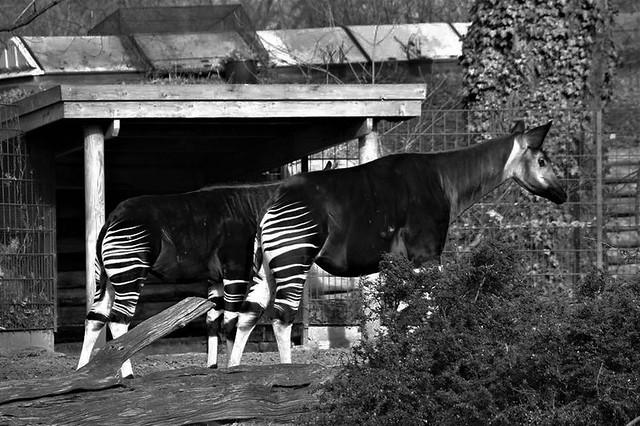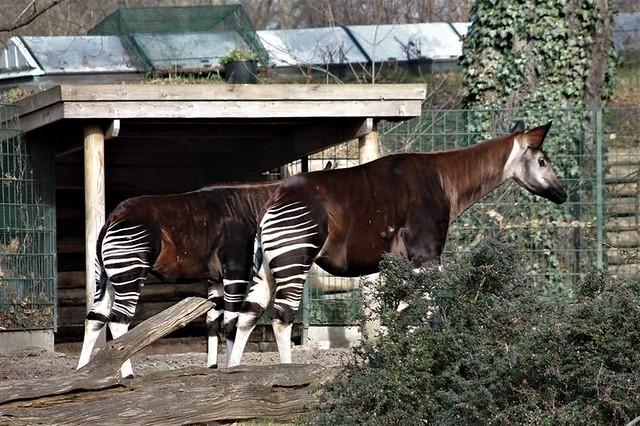

Wamba
Overview
Location and Accessibility
Wamba is a small city located in the Haut-Uélé province of the Democratic Republic of the Congo. Nestled in the northeastern part of the country, it serves as a critical junction for travelers exploring the region. The city is accessible primarily via rugged dirt roads, with public transport options like buses or shared taxis connecting it to larger towns. Although the journey can be challenging due to the condition of the roads, the picturesque landscapes of lush greenery, rolling hills, and vibrant wildlife make the trip rewarding for adventurous travelers.
Cultural Richness
Wamba is rich in cultural diversity, with various ethnic groups contributing to its unique social tapestry. The local population is primarily composed of the Luba and Mongo peoples, who maintain their traditional customs and practices. Visitors will find that local markets pulse with life, showcasing handwoven textiles, intricate carvings, and colorful crafts that reflect the artistic heritage of the area. Traditional music and dance play a significant role in community life, with celebrations often featuring lively performances that invite participation from all age groups. Engaging with locals can provide travelers with an authentic experience of their customs and hospitality.
Atmosphere and Community Life
The atmosphere in Wamba is vibrant yet serene, embodying the quintessential charm of rural Congolese life. The community is closely-knit, and interactions between locals are warm and welcoming. As you stroll through the streets, you’ll encounter small shops, food stalls selling local delicacies, and children playing in the neighborhoods. The city's pace is slower than urban centers, allowing for a more relaxed exploration of daily life. The smell of traditional dishes, such as cassava and plantains, fills the air, inviting curious palates to sample local cuisine.
Historical Significance
Historically, Wamba has been an essential center for trade and cultural exchange in the Haut-Uélé region. The city played a significant role during the colonial era, and remnants of this past can still be seen in architecture and local traditions. The influence of various missions and colonial administrations has shaped the development of Wamba, making it a point of interest for those keen on understanding the complexities of Congolese history. Furthermore, the city’s proximity to significant historical sites enhances its appeal for culturally-minded travelers.
Natural Surroundings
Wamba's natural environment is breathtaking, characterized by dense forests and rich biodiversity. The nearby wildlife reserves and rivers offer opportunities for eco-tourism, including bird watching and guided nature walks. The region is home to unique flora and fauna, making it an excellent spot for nature enthusiasts. Additionally, the warm climate and abundant rainfall contribute to the lush landscapes that surround the city, providing a perfect backdrop for outdoor activities and exploration.
Local Characteristics
One of the most striking characteristics of Wamba is its vibrant community spirit. Local festivals and events, often centered around agricultural cycles or cultural heritage, provide insight into the life and values of the residents. Engaging with the community during such events can be an enriching experience for travelers, offering opportunities to learn traditional crafts or participate in dances. Additionally, the presence of educational institutions and health centers in the city indicates a commitment to community development, showcasing the resilience and aspirations of its people.
In summary, Wamba is a gem in the heart of Haut-Uélé, offering travelers a unique blend of culture, history, and natural beauty. Its welcoming atmosphere, rich traditions, and scenic surroundings create an inviting environment for those willing to explore the deep-rooted heritage of the Democratic Republic of the Congo.
Other towns or cities you may like in Democratic Republic of the Congo
Explore other cities that share similar charm and attractions.




